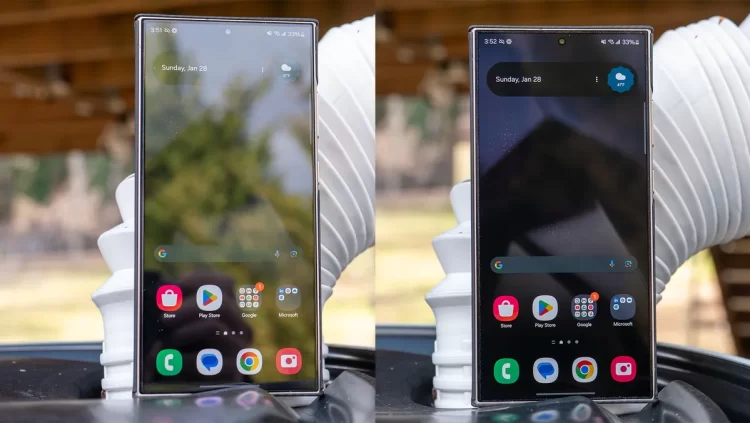The Samsung Galaxy S24 Ultra is one of the best high-end Android phones released this year. While it’s not perfect, it has an impressive anti-reflective display, great performance, and all-day battery life.

However, the Galaxy S24 Ultra’s 200MP main camera isn’t as good as the competition. Worse, unlike OnePlus and Xiaomi, Samsung didn’t use a larger camera sensor for its flagship. Fortunately, the company plans to make major upgrades to the display and camera with the Galaxy S25 series next year.
In Samsung’s recent Q2 2024 earnings call, Daniel Araujo, VP of Mobile Experience (MX), teased the use of a “top-of-the-line” display and camera on next year’s Galaxy S25. He said the company will also use the best application processor and memory to “enhance AI performance and deliver a premium overall experience.”
Samsung is a leader in OLED display technology. Its premium Galaxy S series typically uses the best panels available. The Galaxy S24 Ultra’s 6.8” OLED display can reach a peak brightness of 2600 nits. More importantly, it uses Corning’s new Gorilla Armor glass, which reduces screen reflection by up to 75%.
With the Galaxy S25 series next year, Samsung could use the new dual-layer OLED technology, which was introduced with Apple’s M4 iPad Pro series, to achieve higher brightness and better power efficiency.
The Galaxy S25 Ultra’s camera system will get a major upgrade
In terms of cameras, previous rumors have suggested that the Galaxy S25 Ultra’s 3x telephoto camera could use a larger sensor and a resolution of up to 50MP for improved detail, especially compared to the Galaxy S24 Ultra’s 10MP 3x telephoto camera. The company hasn’t upgraded the sensor for the 3x telephoto camera on the Galaxy S Ultra series since the Galaxy S21 Ultra launched in 2021.
However, Samsung may not upgrade the sensor for the main camera, continuing to use the 200MP sensor found in the Galaxy S24 Ultra and Galaxy S23 Ultra.
The VP also briefly discussed Samsung’s AI-related efforts. He said the company will work closely with partners, including Google, and hopes to “understand the context of conversations and provide a natural conversation and experience on our devices.”
Samsung is still at the forefront when it comes to mobile AI, something it may focus on more in the future.
 SamFw
SamFw

